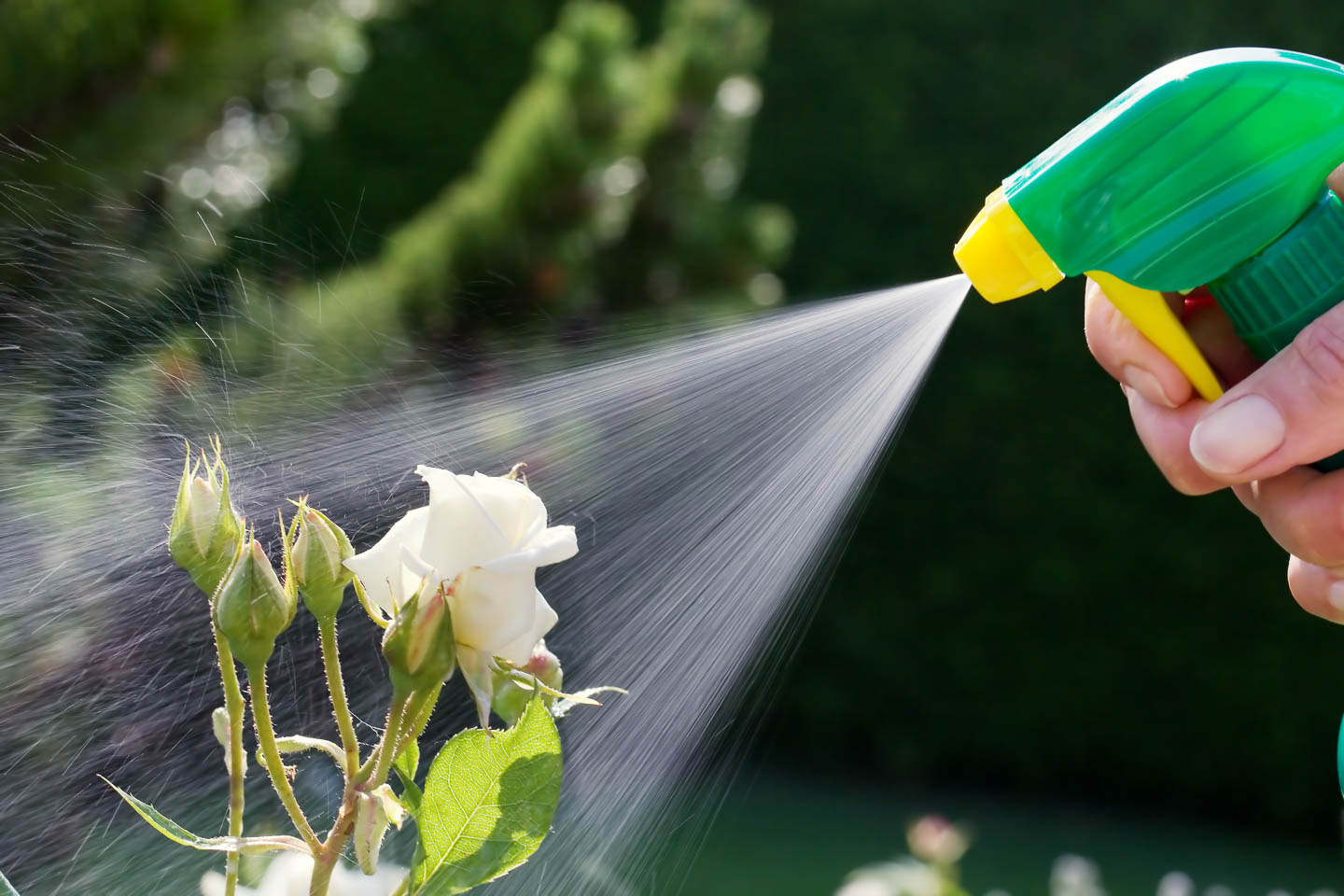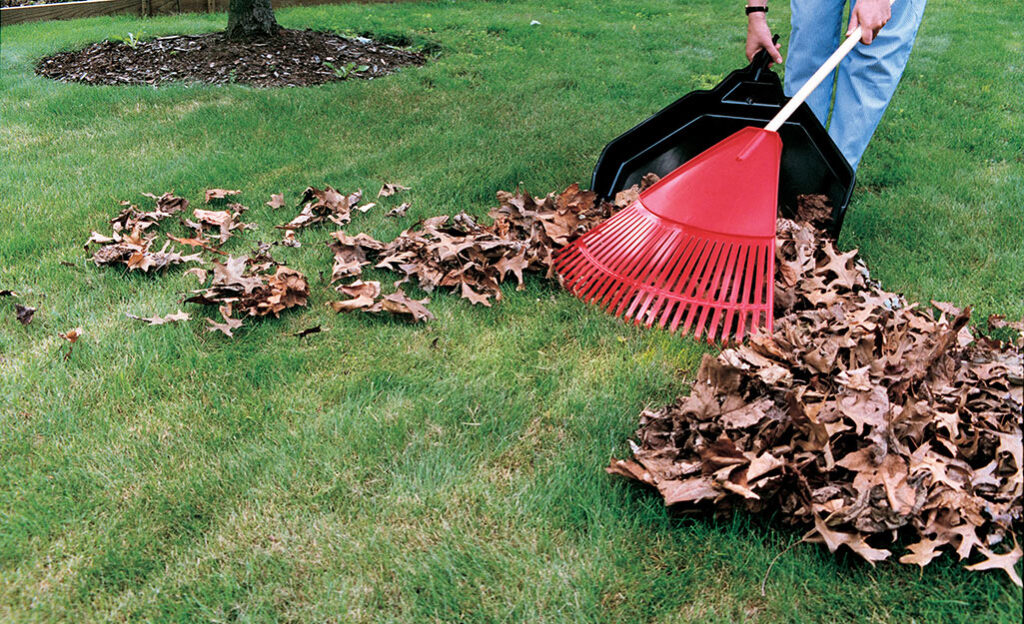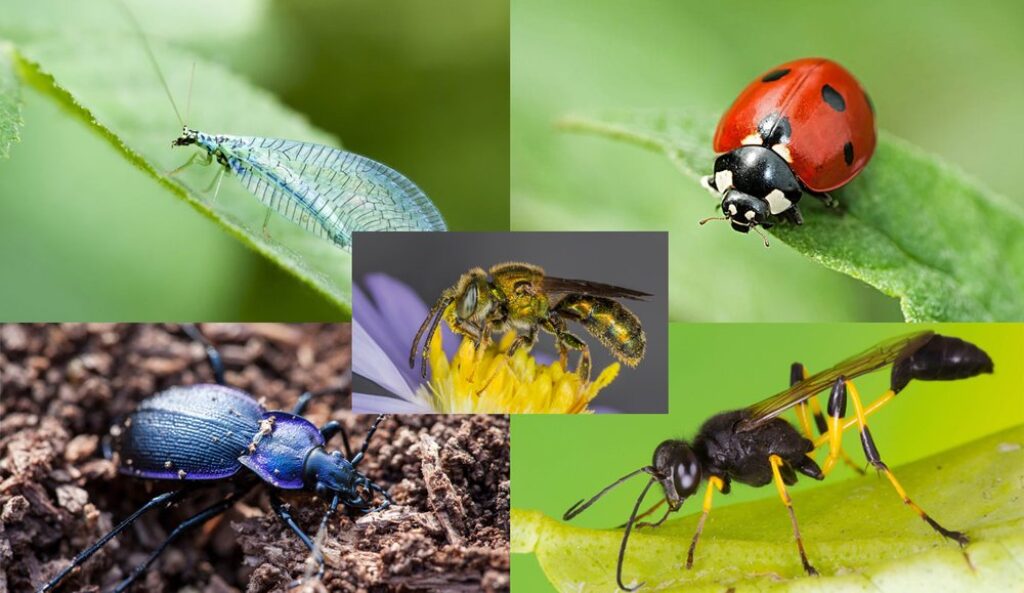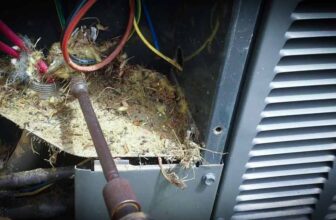
Having a beautiful and well-maintained yard is a great source of pride for homeowners. However, pests such as mosquitoes, ants, and other insects can ruin the enjoyment of outdoor spaces. While it can seem challenging, there are effective natural methods that can help keep your yard pest-free without the use of harmful chemicals.
Table of Contents
Maintain a Clean Yard

Source: homedepot.com
The first step to natural pest control is to keep your yard clean and tidy. Vermin are attracted to food sources, such as fallen fruit, birdseed, and pet food left outside. Make sure to pick up any fallen fruit, store pet food inside, and keep bird feeders clean and filled only as needed. Remove any standing water in containers or gutters, which can serve as a breeding ground for mosquitoes. Keeping your yard free of clutter and debris also eliminates hiding places for intruders.
Use Natural Repellents
There are several natural repellents that can help deter intruders from your yard. One option is to plant herbs and flowers that naturally repel insects, such as citronella, lavender, and mint. These plants not only add beauty to your yard but also provide natural outdoor pest control.
Another effective natural repellent is diatomaceous earth. This is a fine powder made from the fossilized remains of diatoms, a type of algae. Diatomaceous earth works by dehydrating insects and can be sprinkled around the perimeter of your yard or garden to keep vermin away.
Introduce Beneficial Insects

Source: themothercooker.com
Introducing beneficial insects to your yard is another natural pest control method. Ladybugs, for example, are natural predators of aphids and other plant-eating insects. By releasing ladybugs into your yard, you can help keep these intruders under control.
Similarly, praying mantises are known for their voracious appetite for insects and can be a great addition to any garden. Bees and other pollinators are also beneficial for your yard and can help keep it healthy and thriving.
Create Physical Barriers
Creating physical barriers is another effective method of natural pest control. For example, using screens on windows and doors can help keep mosquitoes and other flying insects out of your home. Similarly, using netting over plants can help prevent birds and other animals from eating your fruits and vegetables.
You can also use physical barriers to keep vermin out of specific areas of your yard. For example, using copper tape around the perimeter of raised garden beds can prevent slugs and snails from getting to your plants. Fence off any areas of your yard that you want to keep pest-free, such as a children’s play area or outdoor dining area.
Practice Integrated Pest Management
Integrated pest management (IPM) is a holistic approach to intruder control that focuses on prevention and using a combination of methods to control insects. IPM involves monitoring, identifying the type of pest and its lifecycle, and using a combination of physical, cultural, and biological methods to control them.
For example, if you have a problem with aphids in your garden, you might introduce ladybugs and also prune affected leaves to reduce the aphid population. By using multiple methods, you can reduce the need for harmful chemicals and keep your yard healthy and pest-free.
Conclusion
Natural pest control is a great way to keep your yard free of pests without having to resort to potentially hazardous chemicals. With the right combination of preventive methods and natural treatments, you can prevent the majority of common intruders from taking over your garden or lawn.
To further help protect your outdoor space, be sure to regularly inspect plants for signs of infestation and take action quickly if an issue arises. Following these simple steps will ensure that you can enjoy a beautiful garden or lawn that is also safe for all living things!







